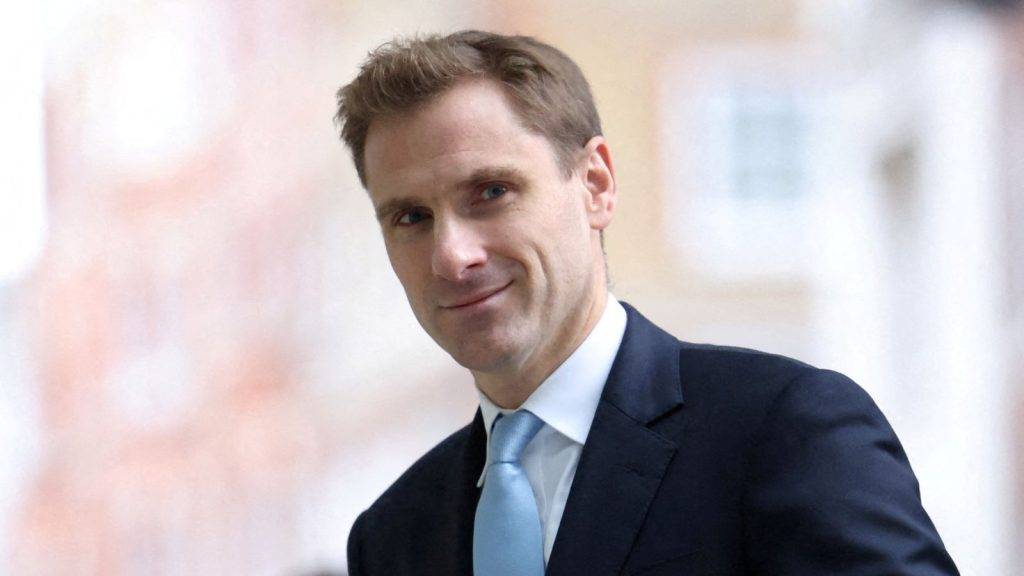Cliff Notes
- Kemi Badenoch’s team acknowledged flaws in post-Brexit plans for returning illegal migrants, highlighting the challenges faced after leaving the EU and the Dublin regulation.
- Chris Philp’s leaked comments revealed that about half of those crossing the Channel had previously claimed asylum in other EU countries, complicating the UK’s ability to send them back.
- The Conservative Party maintains that they have strategies to address migration, yet admit more work is needed to tackle illegal migration effectively.
Leaked recording reveals top Tory knew of flaws in post-Brexit plan to return illegal migrants
One of Kemi Badenoch’s top team has admitted there were flaws in the plan to return illegal migrants after Brexit.
Boris Johnson repeatedly told the public that Brexit would mean taking back control of Britain’s borders and migration system.
But in a leaked recording obtained by Sky News, Chris Philp, now shadow home secretary, said Britain’s exit from the EU – and end of UK participation in the Dublin agreement which governs EU-wide asylum claims – meant they realised they “can’t any longer rely on sending people back to the place where they first claimed asylum”.
Mr Philip appeared to suggest the scale of the problem surprised those in the Johnson government.
“When we did check it out… (we) found that about half the people crossing the Channel had claimed asylum previously elsewhere in Europe.”
In response tonight, the Tories insisted that Mr Philp was not saying the Tories did not have a plan for how to handle asylum seekers post Brexit.
Mr Philp was also immigration minister in Mr Johnson’s government so would have been following the debate closely.
In public, members of the Johnson administration were claiming this would not be an issue since asylum claims would be “inadmissible”, but gave no details on how they would actually deal with people physically arriving in the country.
A Home Office source told journalists once the UK is “no longer bound by Dublin after the transition”, then “we will be able to negotiate our own bilateral returns agreement from the end of this year”.
This did not happen immediately.
In the summer of 2020, Mr Johnson’s spokesman criticised the “inflexible and rigid” Dublin regulations, suggesting the exit from this agreement would be a welcome post-Brexit freedom. Mr Philp’s comments suggest a different view in private.
The remarks were made in a Zoom call, part of a regular series with all the shadow cabinet on April 28, just before the local election.
Mr Philp was asked by a member why countries like France continued to allow migrants to come to the UK.
He replied: “The migrants should claim asylum in the first safe place and that under European Union regulations, which is called the Dublin 3 regulation, the first country where they are playing asylum is the one that should process their application.
“Now, because we’re out of the European Union now, we are out of the Dublin 3 regulations, and so we can’t any longer rely on sending people back to the place where they first claimed asylum. When we did check it out, just before we exited the EU transitional arrangements on December the 31st, 2020, we did run some checks and found that about half the people crossing the channel had claimed asylum previously elsewhere in Europe.
“In Germany, France, Italy, Spain, somewhere like that, and therefore could have been returned. But now we’re out of Dublin, we can’t do that, and that’s why we need to have somewhere like Rwanda that we can send these people to as a deterrent.”


